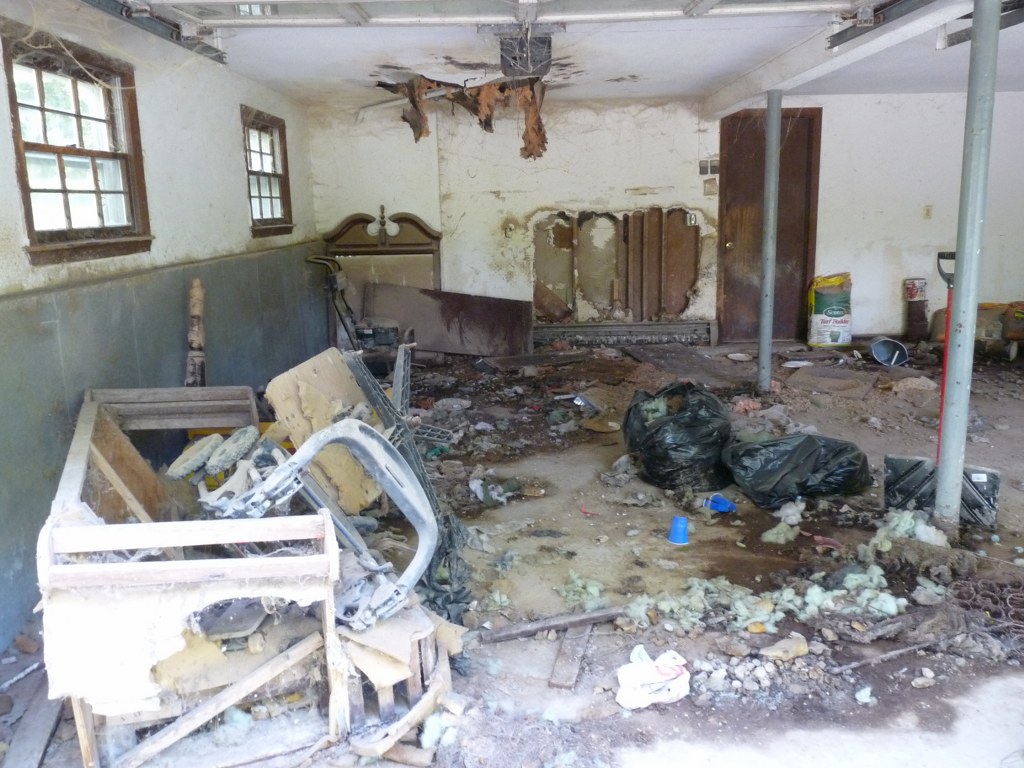When materials containing asbestos are disturbed through sanding, drilling, breakage or just degradation over time, asbestos fibers, thinner than a human hair, are released into the air—and into the lungs of those exposed to the hazardous material.
These fibers lodge in the respiratory system and have been shown to cause:
- Cancer, including Mesothelioma, a rare cancer that affects the lining of the lungs, chest cavity and abdomen as well as cancers of the gastrointestinal tract, throat, kidney, brain, bladder, voice box and gallbladder.
- Asbestosis, an inflammatory condition of the lungs that can cause coughing, shortness of breath and lung scarring, which make breathing difficult.
- Pleural plaques, a thickening of the membranes that surround the lungs.
- Pleural effusions, abnormal fluid collection between the inside chest wall and the lungs.
- Pneumonia, an inflammation of the lung that can affect just one lobe of the right or left lung, a whole lung, or both lungs.

